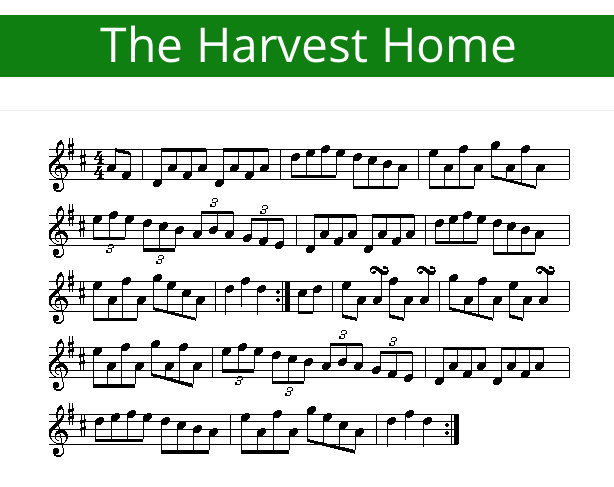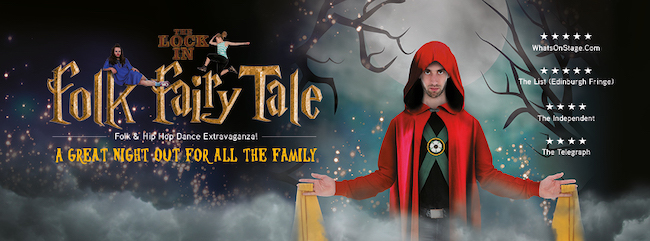by Simon Haines
It can be a controversial question in folk circles. Should we play music from notation – the dots – or should we remain true to the tradition and learn everything by ear – in keeping with the so-called “oral tradition”?
If you went into a pub session, you be rightly horrified to see accordion players, fiddlers and flautists playing from sheet music. There are those who say sheet music cannot capture the essence of folk music especially dance music. I’ve been to dance events where dancers have been unable to dance “properly” if a tune is played by musicians playing from the dots; it may be too slow, too fast or not quite the best rhythm.
Another angle on the subject is illustrated by this conversation I once had with a fiddle player at a session. It went like this
Fiddler Do you know Harvest Home?
Me Yes, of course.
Fiddler It’s in D
Me I play it in G.
Fiddler No, it’s definitely in D – look it says so here. (pointing to sheet music)
So playing from sheet music can lead to people to think that tunes, are in specific keys and that the melody is absolutely fixed. You only have to listen a range of musicians playing their versions of a particular tune to know that this is just not the case. And of course, the truth is that any tune can be played in any key that is within the scope of the instrument - and some instruments are more limited than others!
On the other hand, I also know plenty of great musicians who learn a basic melody from sheet music and then re-interpret the tune in their own style when they play it, adding their own ornamentation, changing notes they don’t like or that don’t work so well on their instrument. As a melodeon player, I have always avoided a particular note in the C part of Horses Brawl, because I don’t have that note on my instrument; even if I did, I would not play it because I don’t like what it does to the sound of the tune. Others will object and insist that if I don’t play that note, I’m not playing the tune correctly.
A situation where sheet music is commonly used and can be very useful is in music workshops where the leader plans to teach specific tunes. Many participants will expect the sheet music to be distributed in advance of the workshop so that they can learn the melody beforehand and then focus on style or ornamentation during the workshop itself. Leaders may also provide simple recordings of their tunes for those who prefer to play by ear. So all participants are catered for
Personally, I don’t read or write music, but I can learn quite quickly by ear. However, I have composed lots of tunes and from time to time people ask me if I can send them the dots. I know someone who can do this for me and I ask them. If it’s a two-row melodeon tune, which it usually is, I ask my scribe to add the chords. This works well for everyone concerned.
This can be a controversial area, but I would plead for tolerance and understanding on both sides of the argument. In fact, when all is said and done, there doesn’t need to be an argument at all.

